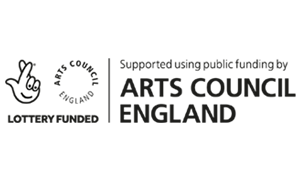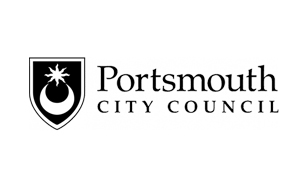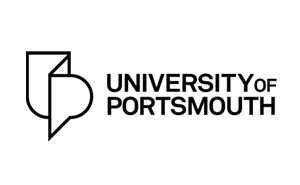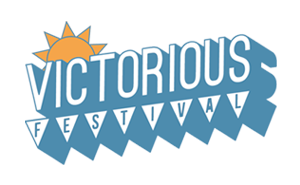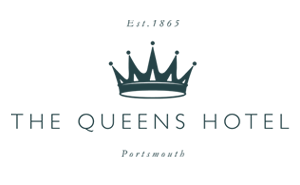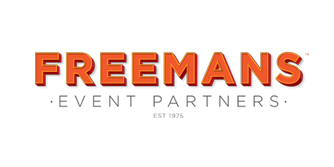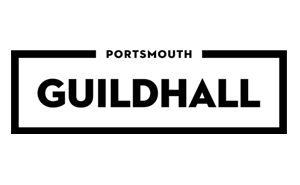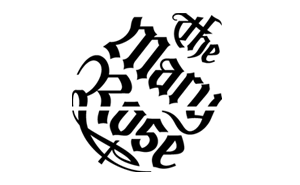21st - 23rd November 2024
21st - 23rd November 2024
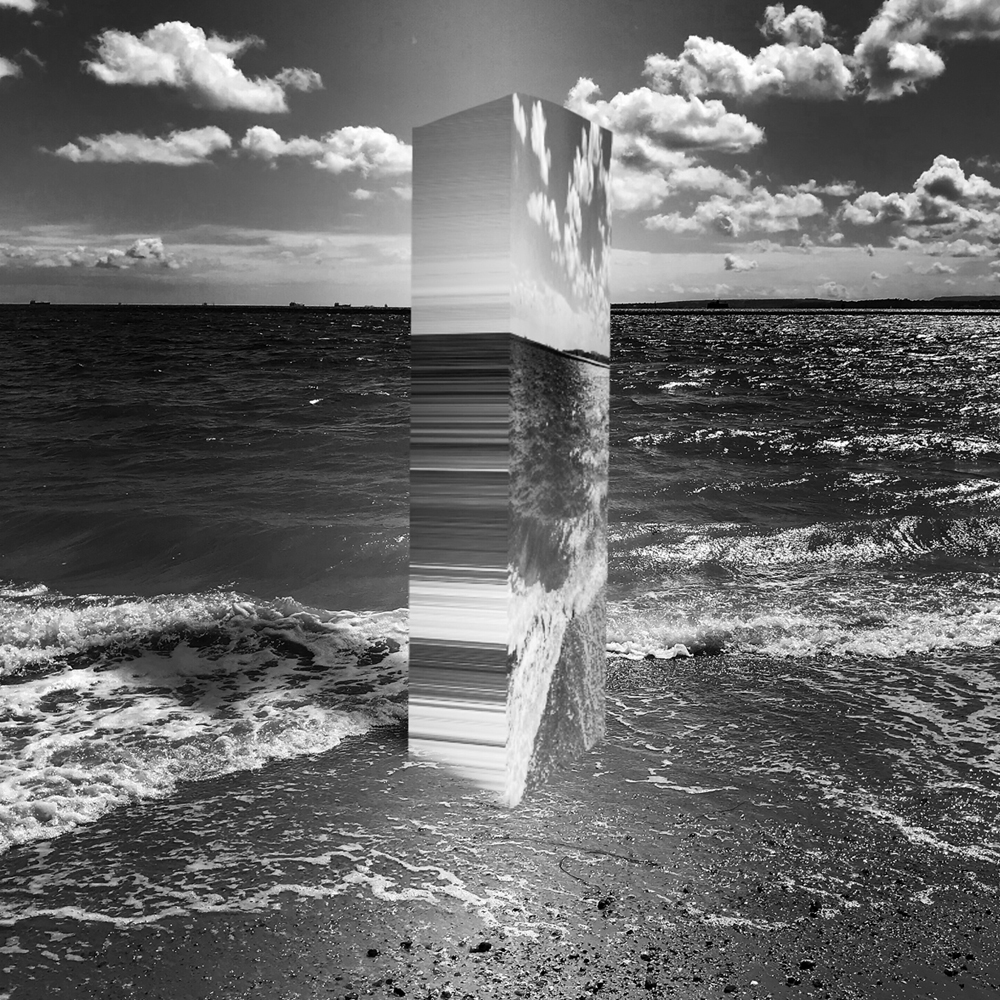
Watching waters brings an intimate exploration of the autistic culture of stimming to light in a tryptic happening of sound, imagery and spoken word all stitched together with Fibonacci number.
We invite the audience to roam around our installation, watch the imagery, touch the spoken word and melody’s and to play within the light, colour and shadows. At its heart ‘watching waters’ a transparent, narrative expression of not only being innately human but Neurodivergence and difference not lesser or broken. Autistic people often have a love of pattern in nature, sciences, involving and correlating sound, light and object. We feel at home observing on beaches and rivers as often water holds no fear for us but is a rich source of inspiration, metaphor and engenders a flow, a lifting of mental health, wellbeing and joy.
To often the primary purpose of stimming is seen as shallow, misunderstood act of ‘simply repetition’ by non autistic people. Rather, stimming is a necessary act of joy, liberation and self regulation, a companion when faced with imposed poor environments or situations. The stereotypical ‘all in the repeat’ or we perform mindless repetitive motor mechanisms hides the skills of ‘tasting the difference’ and of us becoming at one within the spaces in-between each frame of the sequence. Stimming is not a symptom of an underlying deficit but rather an act of self-care which if suppressed leads to deepening mental health harm.
Outside of the stereotypes Stimming can be individually anything, drawing, humming, singing, arranging stones in circles, counting, sonic sequencing, word based and physical movement. The opportunity is endless, for example on a beach we may skim stones to see the differences as our stone skips across the waves, count the number of times and we rebalance accordingly to see if we can improve.
For too long autistic people have been rendered invisible, denied the agency and opportunity to openly regulate in difficult or sensory extreme environments without suppressing or hiding. We are told as children to have ‘quiet hands’, that fidgeting is bad but these undesirable responses act on us as ‘kryptonite’ until we are conditioned, gaslit into excepting we are a deficient. Autistic people contrary to popular mythology should simply be accepted for who we are. We hope you will share our kaleidoscope of experiences and add yours too. Do you doodle? Do you dance. Do you stimm? so are you also simply human?
As well as enjoying the ‘watching waters’ installation you can come and play with lights, prisms and projectors to make your own patterns and videos with your smart phone.
This installation does contain ‘moving lights’ which may also flash on occasion when changing batteries or switching between programs.
Jon Adams
Jon is both a contemporary Artist, advocate and researcher, working in a variety of media including sound, drawing, word and performance, often referencing his autism, synaesthesia and dyslexia, all interwoven with history, science, time and his past experiences. The result is a unique visual perspective of systemising and recording history, time and place. He studied geology at Kings College London becoming a geological book illustrator, later branching out into history and conceptual artwork. His national profile includes creating work across a wide range of institutions, universities, organisations and has shown in galleries such as Royal Academy, Tate Modern and Turner Contemporary. He’s been commissioned for many projects including Parliament in the making 2015, London 2012 and for the stage. He advocates for the rights and agency of Neurodivergent people to fully access the arts, funding, health care and coproduce relevant research.
Flow Observatorium
Flow Observatorium is a Portsmouth based ‘equality and diversity’ charity, set up with funding from Arts Council England in 2017, aiming to become a national hub for, and led by, Neurodivergent people. FlOb supports Neurodivergent people to make work, collaborate, and engage within society, the arts and cultural sector and support the co-creation of attitudinal and physical ‘safe spaces’ for Neurodivergent people. We especially challenge traditional attitudes towards autistic people, championing and encouraging autistic-led understanding, narratives, agency and autistic informed access on autistic terms.
KoCreate Collective
Flow Observatorium, together with Portsmouth Autism Community Forum (PACF), has set up KoCreate; running free creative sessions for Neurodivergent (ND) Creatives, both online nationally and face-to-face in Portsmouth. Autistic People often face acute isolation, health inequality and self confidence issues. We know that creative activity boosts wellbeing benefiting our sense of belonging, vital for maintaining good Autistic mental health and proving that, given the right opportunities, Autistic people can be innately creative. Within our peer-supportive and relaxed working spaces we create in drawing, written word, sculpture, photography, and sound.
https://flowobsad.wixsite.com/flow-observatorium/single-project
